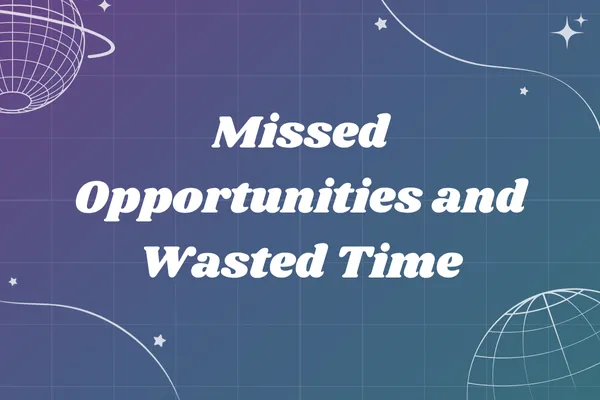
The Hidden Cost of Not Using Your CRM — Missed Opportunities and Wasted Time
In today’s fast-paced, relationship-driven economy, service-based businesses live and die by how well they manage their customer relationships. Whether you're a consultant, agency, coach, or contractor, your ability to track conversations, follow up consistently, and deliver personalized service is what sets you apart.
That’s where a CRM (Customer Relationship Management system) comes in. But here’s the truth: just having a CRM isn’t enough. You need to use it with intention, discipline, and strategy.
🧠 What Harvard Business Review Learned About CRM Success
Harvard Business Review’s article CRM Done Right revealed that many companies failed with CRM not because the technology was flawed, but because they tried to use it to transform everything at once. The successful ones took a pragmatic, focused approach:
🎯 They solved specific problems in the customer journey (like follow-up delays or missed opportunities).
🧩 They didn’t chase “perfect data” everywhere, only where it mattered most.
🚀 They used small wins to expand CRM usage gradually and effectively.
In short, they treated CRM as a strategic tool, not a magic wand.
💡 Why CRMs Are Essential for Service-Based Businesses
Here’s why a CRM isn’t just helpful , it’s necessary:
1. Centralized Customer Data
No more scattered spreadsheets, sticky notes, or inbox searches. A CRM keeps all your client info like names, emails, call notes, preferences in one place. That means faster service and fewer mistakes.
2. Consistent Follow-Up
Missed follow-ups cost you trust and revenue. CRMs let you set reminders, automate emails, and track every touchpoint so no lead slips through the cracks.
3. Team Accountability
If you have a team, a CRM ensures everyone’s on the same page. You can assign tasks, track progress, and see who’s responsible for what, all in real time.
4. Better Decision-Making
Want to know which services are most popular? Which clients are most engaged? CRMs give you data to make smarter, faster decisions. (e.g. engagement scoring)
5. Scalable Growth
As your business grows, so does your complexity. A CRM helps you scale without losing the personal touch that got you here.
🛠️ The Discipline Behind CRM Success
Having a CRM is like owning a gym membership. It only works if you use it. Here’s how to make it stick:
Set clear rules: Decide what gets logged, how often, and by whom.
Train your team: Make sure everyone knows how to use the system properly.
Review regularly: Audit your CRM weekly to catch gaps or outdated info.
Lead by example: If you’re the owner, your usage sets the tone.
✨ Final Thought
A CRM isn’t just software, it’s a mindset. It’s about honoring your relationships, building trust, and creating systems that support your growth. Whether you’re just starting or already have a CRM in place, the question isn’t if you should use it, it’s how well you’re using it.
Are you using your CRM to its full potential? Or is it just sitting there collecting dust?
Let me know by emailing me [email protected] and if you’ve found a CRM that truly supports your business.
